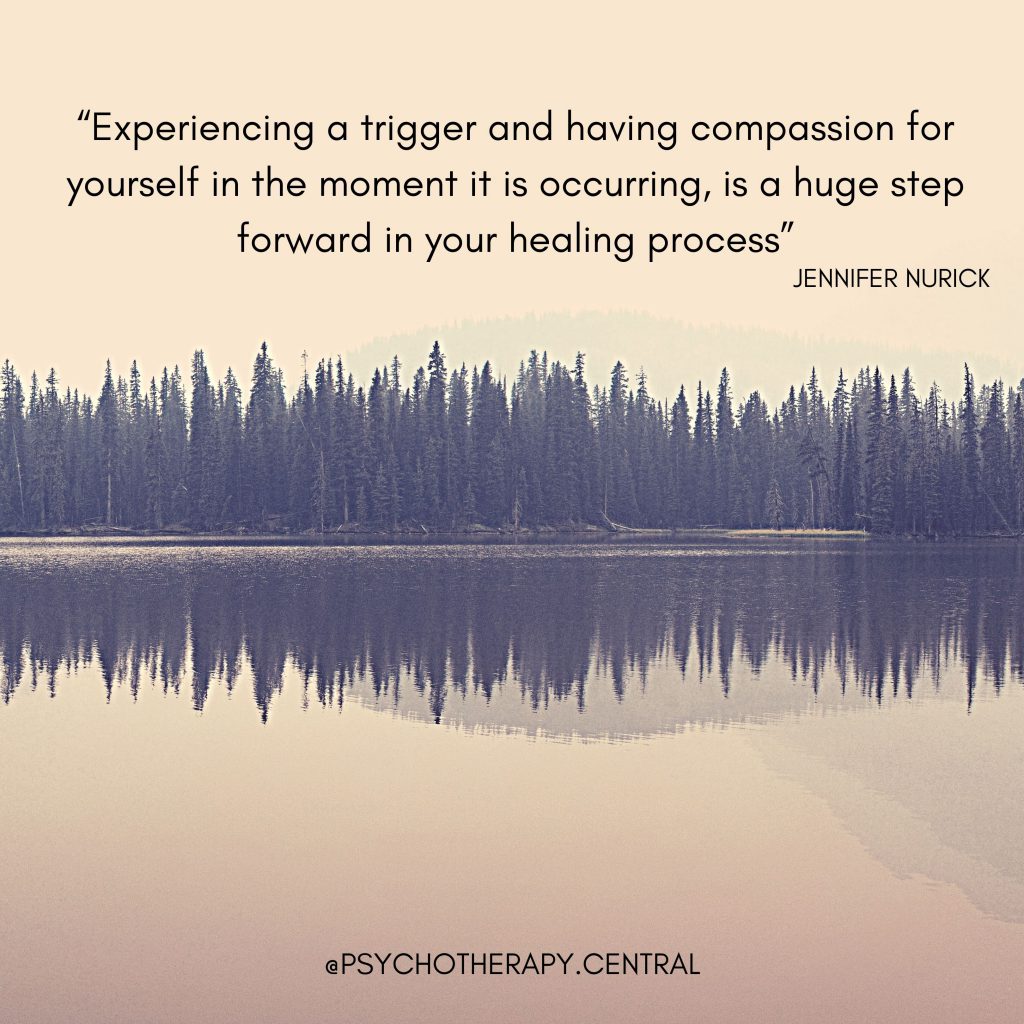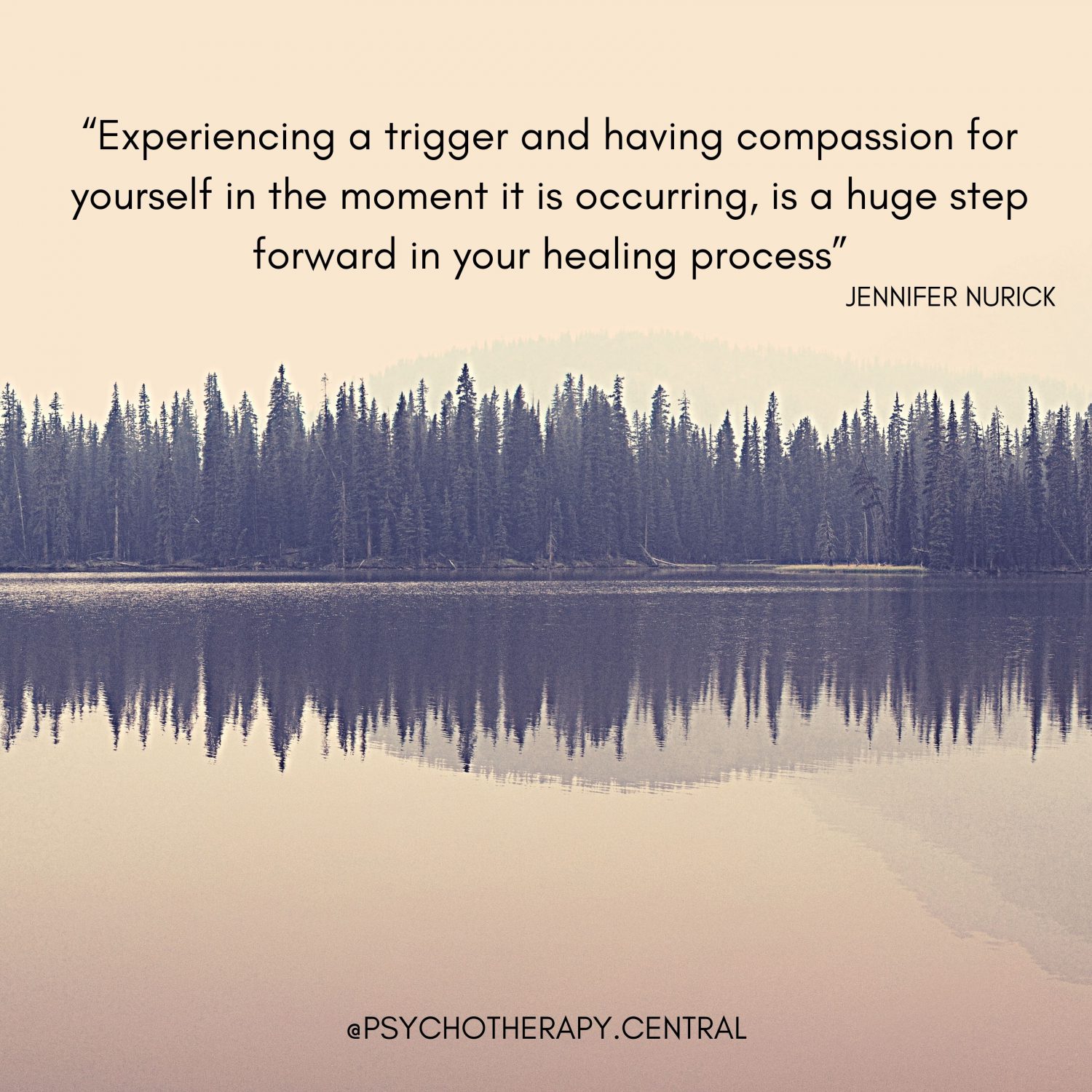When we talk about a ‘trigger’ in psychology, we are talking about something in the moment that reminds us of something in the past, it might be something you see, smell or hear.
Imagine if your father was a large man and a violent drunk. It might be that whenever you see a man in the street with a similar figure and gait your body freezes and you start to panic. A trigger can cause a feeling of anxiety, fear, or intense grief. With people who have experienced trauma and maybe have post-traumatic stress, you may even have a flashback to something that happened in the past.
The word trigger can also mean something that has increased existing symptoms or brought on new symptoms. For example, a death in the family may bring on depression for the first time.
Understanding your triggers is incredibly powerful. When you know what triggers you, you are more able to avoid that thing, or prepare for when you know you will be exposed to it, knowing that it is a trigger for you.
For example, if you were a family scapegoat and you know you are triggered by your mother, you might want to limit the amount of time you spend with her in person or on the phone. Or you might want to bring a safe, supportive person with you for support.

